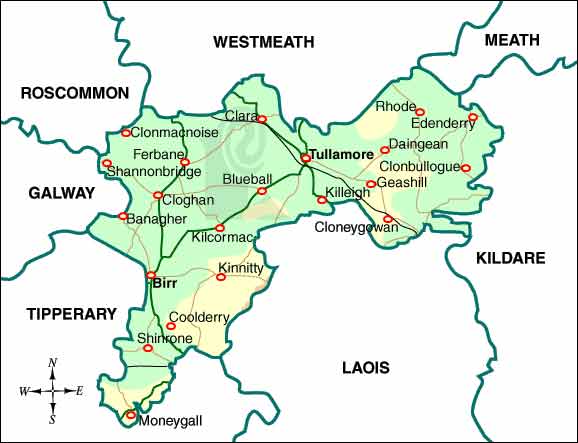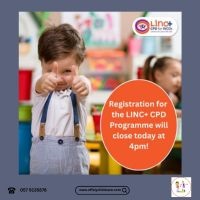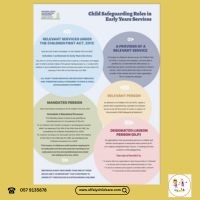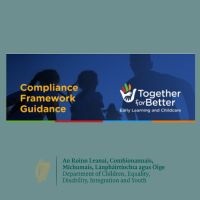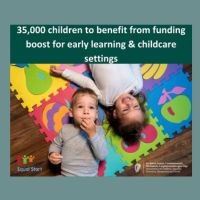Welcome to Offaly County Childcare Committee
Our site is packed with information so whether you're a parent, working with children, interested in a childcare career or just browsing, this is the place for you!
Offaly County Childcare Committee is located at a new address: 8 O'Connor Square, Tullamore, Co. Offaly, R35 Y7P0
![]() We have a facebook page. Visit us here
We have a facebook page. Visit us here
Please take a look and remember to give us a like!
Latest News
- 🔔National Beep Beep Day 🚦- 10th October 2025
- The QIPP Report Template 2024/25 is open for completion
- NCS Maintenance - Summer Reminder
- AIM Level 1 Applications for 2025/26 for existing graduates opening soon.
- Always Children First: Child Safeguarding Awareness Training
- Exploring the Updated Aistear - Information Sessions
- Pre-Registration Training for Childminders
Supporting Quality Childcare in Offaly
Offaly County Childcare Committee support the development of quality, affordable, inclusive, accessible childcare and family friendly services for all children in every part of the county.
Offaly County Childcare Committee has been meeting since May 2001 and is made up of representatives from the statutory sector, social partners, community groups, voluntary groups, the Community and Voluntary Forum, National Voluntary Children's Organisations, providers of childcare, and parents - all of whom have a vested interest in childcare provision in the county.
